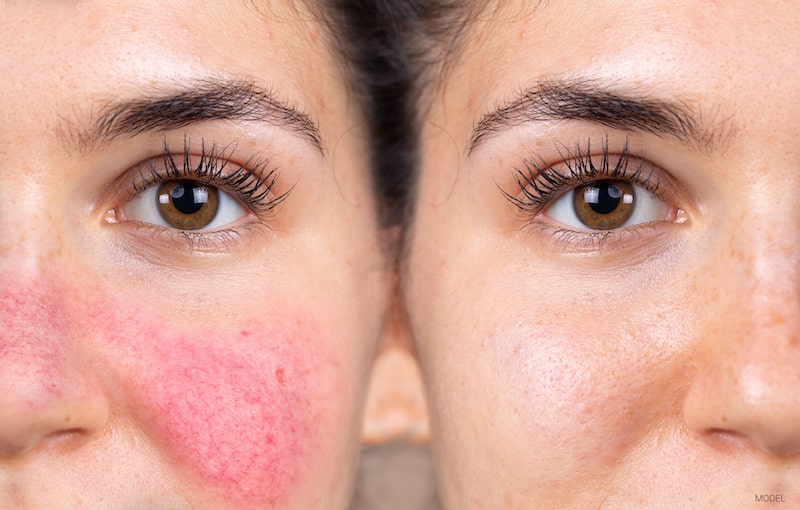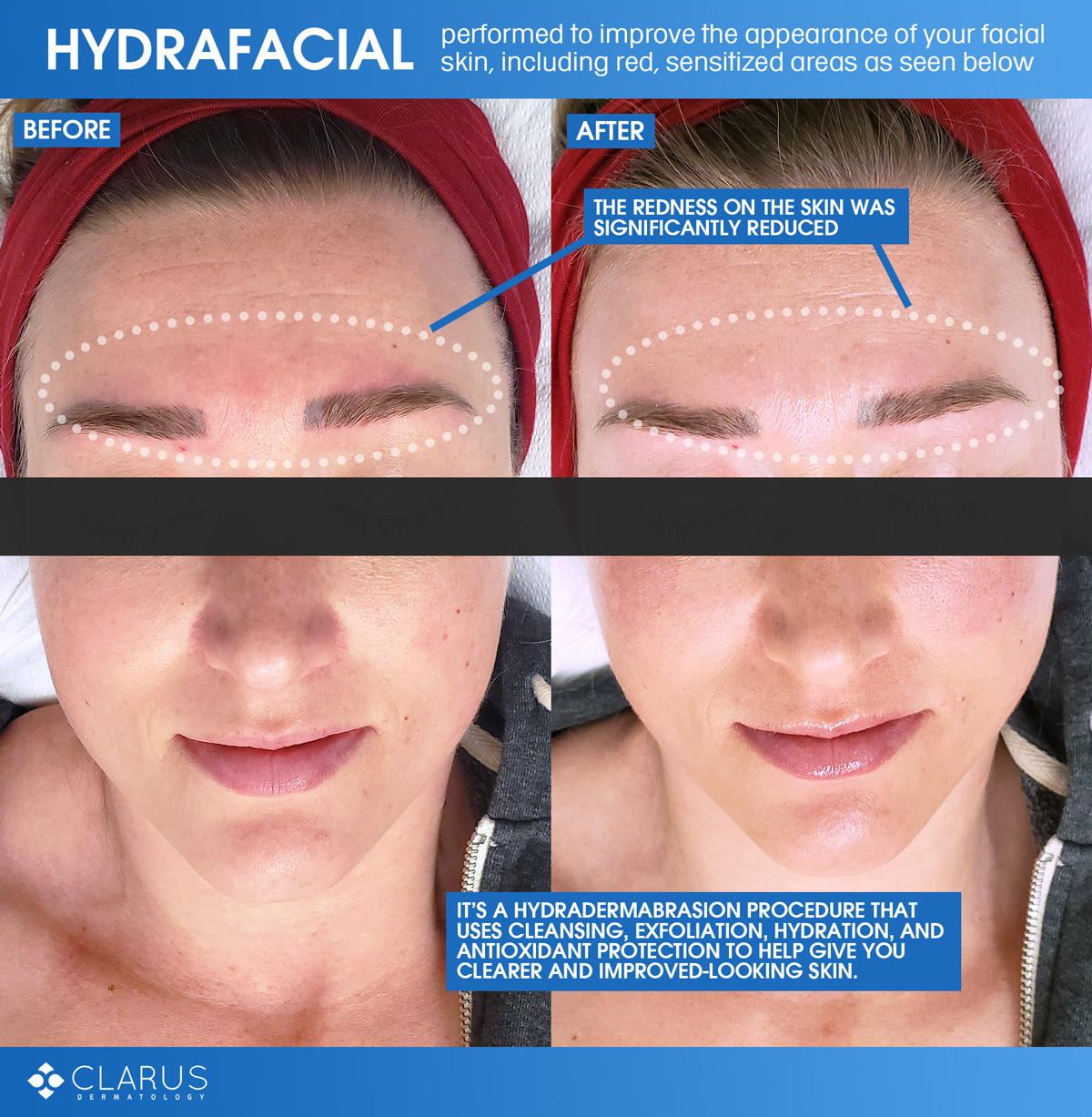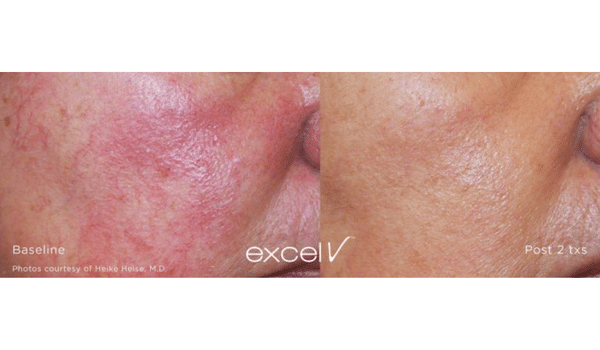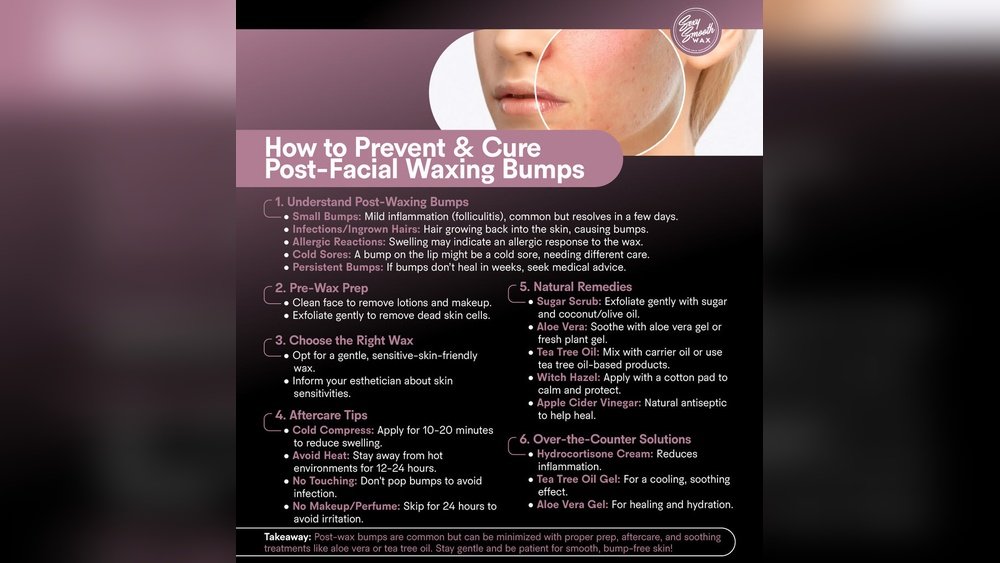You just had a facial, expecting glowing, refreshed skin—but instead, you’re faced with redness, irritation, or discomfort. It’s frustrating, and you want relief fast.
The good news? You don’t have to suffer through post-facial irritation in silence. With the right steps, you can calm your skin quickly and protect your glow. You’ll discover simple, effective ways to soothe irritation after a facial—so your skin feels comfortable, looks healthy, and stays radiant longer.
Keep reading to find out how to turn that post-facial irritation into a smooth, calm complexion you’ll love.

Credit: www.novaplasticsurgery.com
Cold Compress Benefits
A cold compress offers quick relief after a facial. It helps reduce swelling and redness. Applying cold soothes irritated skin and calms inflammation.
The chill slows blood flow to the skin’s surface. This eases the feeling of heat and tightness. A cold compress is gentle and safe for sensitive skin.
Reduces Redness And Swelling
Cold compresses shrink blood vessels under the skin. This action lowers redness and puffiness. The skin looks calmer and less inflamed after use.
Relieves Itching And Discomfort
The cool sensation numbs nerve endings. It lessens the urge to scratch or rub irritated areas. This helps avoid further skin damage or infection.
Speeds Up Skin Healing
Cold slows down the skin’s stress response. This supports faster repair of damaged cells. Using a cold compress helps skin recover more quickly after treatments.
Simple To Use At Home
Wrap ice cubes or frozen peas in a clean cloth. Press gently on the face for 5 to 10 minutes. Repeat every few hours for best results without overcooling the skin.

Credit: clarusdermatology.com
Soothing Serums And Ingredients
Post-facial irritation can leave your skin feeling sensitive and red. Soothing serums help calm and repair skin quickly. These products contain gentle ingredients that reduce inflammation and restore comfort. Choosing the right ingredients supports healing and prevents further irritation.
Aloe Vera
Aloe vera is a natural healer. It cools down irritated skin instantly. Its gel contains antioxidants and vitamins that speed up skin repair. Aloe soothes redness and hydrates deeply without clogging pores. Apply pure aloe vera gel or serums with high aloe content for relief.
Green Tea
Green tea has anti-inflammatory properties that calm skin flare-ups. It reduces redness and protects skin from damage. The antioxidants in green tea fight free radicals and support healing. Use serums with green tea extract to soothe and refresh your skin after a facial.
Niacinamide
Niacinamide is a form of vitamin B3 that strengthens the skin barrier. It reduces inflammation and evens out skin tone. This ingredient helps skin recover faster from irritation. Niacinamide serums are lightweight and suitable for sensitive skin types. Regular use improves skin resilience and comfort.
Avoiding Irritants
After a facial, your skin becomes more sensitive. Avoiding irritants is key to help your skin heal quickly. This means staying away from things that can cause redness or discomfort. Simple changes in your routine can protect your skin and reduce irritation.
Makeup Restrictions
Skip makeup for at least 24 hours after your facial. Makeup can clog pores and trap bacteria. Your skin needs time to breathe and repair itself. Using makeup too soon can cause redness and breakouts. Choose gentle, mineral-based products when you resume wearing makeup.
Skipping Harsh Exfoliants
Do not use scrubs or chemical exfoliants right after your facial. These products can strip your skin’s natural oils. Over-exfoliating increases sensitivity and may cause peeling. Wait several days before using exfoliating products again. Use mild cleansers and moisturizers to keep your skin calm.

Credit: www.vucare.com
Anti-itch Remedies
Post-facial irritation can cause uncomfortable itching. Finding quick relief helps your skin heal faster. Anti-itch remedies provide soothing comfort and reduce inflammation. They calm the skin and stop the urge to scratch. Here are two effective options to ease post-facial itchiness.
Hydrocortisone Cream
Hydrocortisone cream reduces redness and swelling. It works by calming the immune response in your skin. Apply a thin layer to the irritated area once or twice daily. Avoid using it for more than a week without doctor advice. This cream can quickly ease itching and discomfort.
Oral Antihistamines
Oral antihistamines block the chemicals that cause itching. They help control allergic reactions after a facial. Take the recommended dose as directed on the package. These medications can provide fast relief, especially if itching is severe. Consult a healthcare provider before use, especially if you have other health conditions.
Hydrating Masks And Spot Treatments
Hydrating masks and spot treatments play a vital role in calming and restoring skin after a facial. These products deliver moisture and targeted care to irritated areas. They help soothe redness and reduce inflammation, allowing your skin to heal faster.
Using the right hydrating mask replenishes lost moisture. Spot treatments address specific irritation points, preventing further discomfort. Together, they create a balanced approach to post-facial care.
What Are Hydrating Masks?
Hydrating masks add deep moisture to dry, irritated skin. They often contain ingredients like hyaluronic acid, aloe vera, or cucumber extract. These components calm the skin and lock in hydration for hours.
Applying a hydrating mask after your facial can reduce tightness and redness. It also helps rebuild the skin’s natural barrier. Choose masks designed for sensitive skin to avoid extra irritation.
How To Use Spot Treatments
Spot treatments focus on small, irritated patches or breakouts. Ingredients like niacinamide, green tea, or chamomile reduce inflammation quickly. Apply these treatments only on affected areas to avoid dryness.
Use a clean cotton swab to apply spot treatments gently. Avoid rubbing or massaging harshly. This careful application helps soothe the skin without causing more irritation.
Tips For Choosing The Right Products
Select products free from alcohol, fragrance, and harsh chemicals. These can worsen irritation and delay healing. Look for labels that mention “soothing,” “calming,” or “for sensitive skin.”
Test new products on a small skin patch before full use. This step ensures no allergic reactions occur. Consistent use of gentle, hydrating masks and spot treatments improves skin comfort and appearance post-facial.
Tips To Protect Sensitive Skin
Protecting sensitive skin after a facial is key to calming irritation. The skin is delicate and needs gentle care. Taking simple steps helps your skin heal faster. Avoid actions that can worsen redness or discomfort. Follow these tips to keep your skin safe and smooth.
Hands Off
Touching your face can spread bacteria and cause more irritation. Avoid rubbing or scratching the skin. Use clean hands if you must apply products. Let your skin breathe and heal naturally. Keep your hands away from your face as much as possible.
Sun Protection
After a facial, skin is extra sensitive to sunlight. Use a gentle, broad-spectrum sunscreen with at least SPF 30. Wear a wide-brimmed hat when outdoors. Stay in the shade during peak sun hours. Protecting your skin prevents redness and damage. This helps your skin recover quickly and stay healthy.
Frequently Asked Questions
How Do You Get Rid Of Skin Irritation After A Facial?
Apply a cool compress to reduce redness and inflammation. Use soothing serums with aloe, green tea, or niacinamide. Avoid makeup and harsh exfoliants until skin heals. Keep skin clean and moisturized to prevent irritation.
How To Soothe Inflammation After A Facial?
Apply a cool compress to reduce redness and inflammation. Use soothing serums with aloe, green tea, or niacinamide. Avoid makeup and harsh exfoliants until skin heals. Keep your skin hydrated and avoid touching the face to prevent irritation and breakouts.
How To Heal Facial Skin Irritation?
Apply a cool compress to reduce inflammation. Use soothing serums with aloe or niacinamide. Avoid makeup and harsh products. Protect skin from irritants and keep it moisturized. Take antihistamines or anti-itch creams if needed.
How Long Does Post-facial Redness Last?
Post-facial redness usually lasts a few hours to one day. Use a cool compress and soothing serums to reduce inflammation quickly. Avoid makeup and harsh products until your skin calms.
Conclusion
Post-facial irritation can feel uncomfortable but usually fades quickly. Use a cool compress to calm redness and reduce swelling. Choose gentle skincare products with soothing ingredients like aloe or green tea. Avoid harsh treatments and makeup until your skin heals fully.
Keep your skin clean and hydrated to help recovery. Listen to your skin’s needs and give it time to settle. Healthy skin returns with simple care and patience. Taking these steps helps you enjoy your facial’s benefits without discomfort.
 Skip to content
Skip to content 